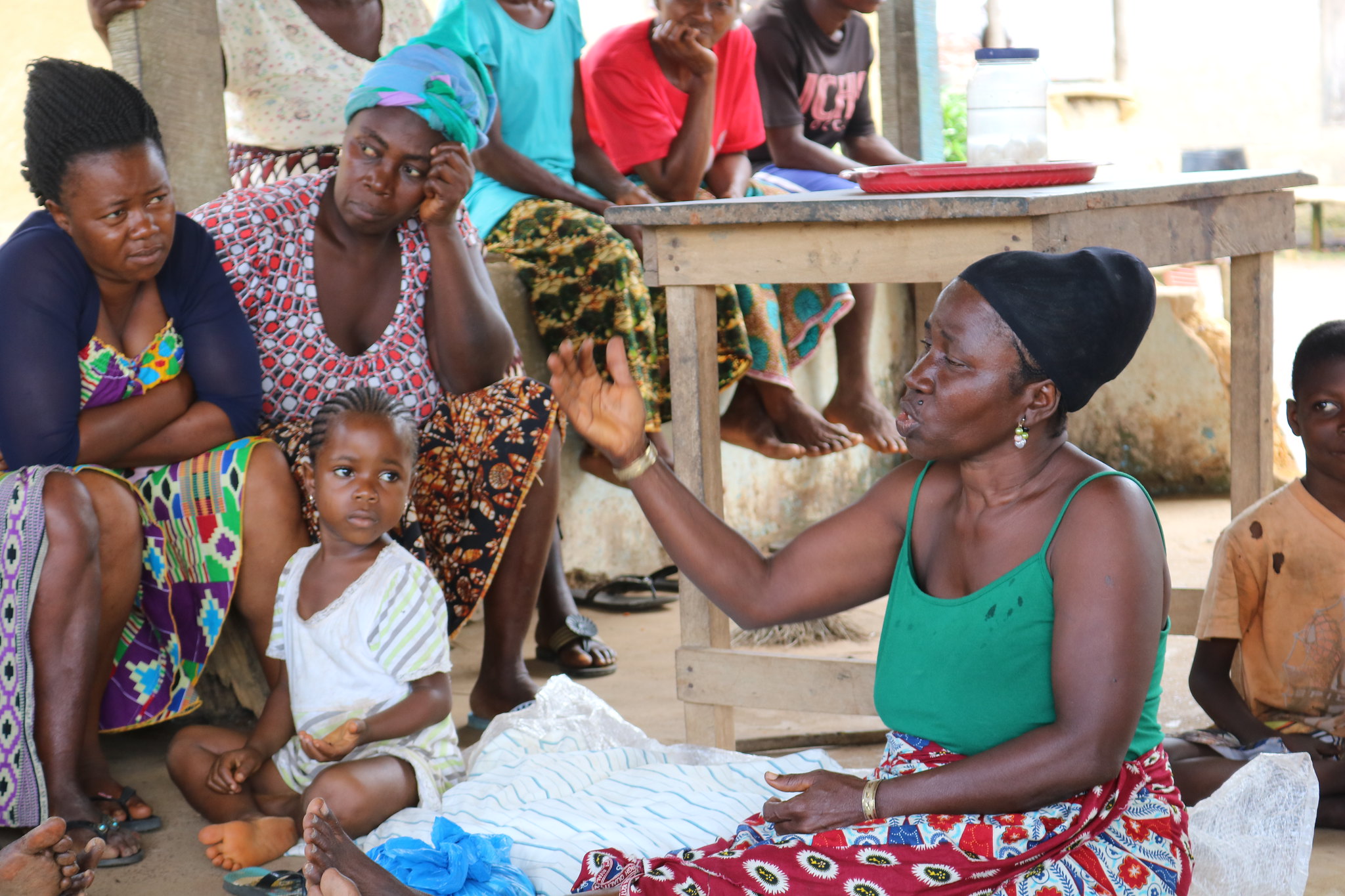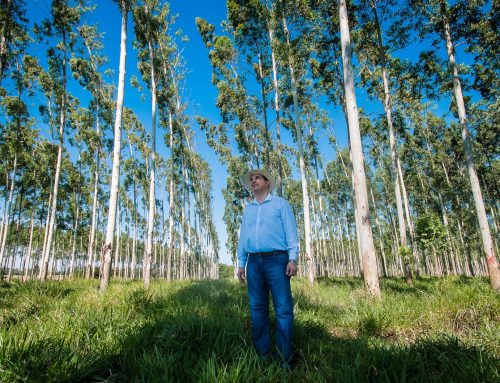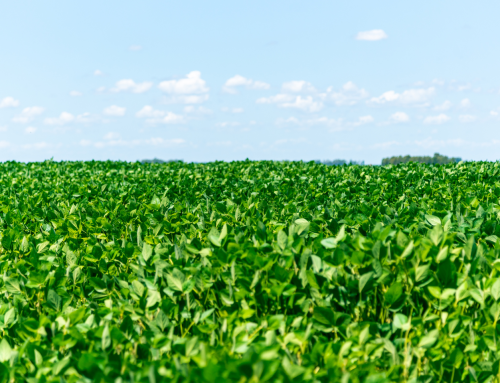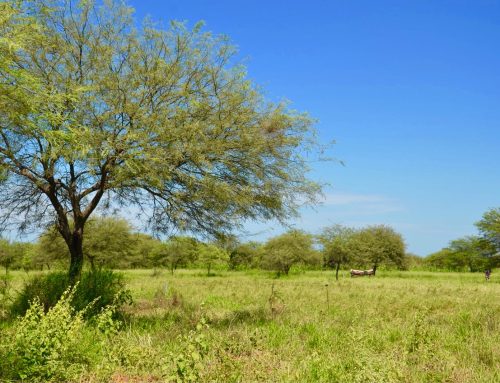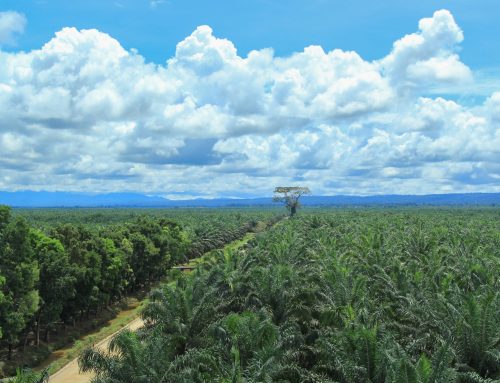The Liberian palm oil sector is expanding fast, and with it comes the risk of significant social impacts on host communities and environmental damage linked to deforestation. Expansion in tropical forest areas, which are vital for biodiversity conservation and climate mitigation, can result in habitat destruction and land disputes.
“Palm oil investment has the potential to support local agriculture and economic development — providing more jobs, economic growth and export opportunities. But on the other hand, the scale of palm oil concessions raises concerns about potential negative impacts on communities, forests and ecosystems. How do we balance those two seemingly competing objectives?” asks Liam Walsh, former Technical Director for Conservation International (CI)’s Liberia office. CI is a key partner in the Good Growth Partnership.
Sustainable agricultural production is one of the key pillars in any agricultural industry with the potential to generate income and secure the livelihoods of rural communities in many developing countries around the world. Liberia views palm oil development as a huge opportunity for economic growth and international trade, and its Government is on track to become a major exporter in the sector due to three prevailing advantages: the country’s climate conditions, given the humidity and high temperatures of its vast rain forests with ideal conditions for palm oil growth; Liberia’s strategic location, with fertile soils, high levels of rainfall and large areas of “uncultivated” land; and the ever rising demand for palm oil in the global market.
Driven by the strong economic value of this commodity, and mindful of the social and ecological imperatives, Liberia is embracing the opportunity to showcase that investment in palm oil production can be sustainable: palm oil can indeed generate profits while respecting the rights of communities and protecting important vulnerable ecosystems and biodiversity. The key is to fit global sustainability expectations to local conditions in the country.
The RSPO (Roundtable on Sustainable Palm Oil) was established in 2004 to promote growth and use of sustainable palm oil through co-operation within the supply chain and open dialogue between its stakeholders. RSPO has formulated a series of global Principles and Criteria (P&C) to guide the production of sustainable palm oil and the development of performance indicators and compliance guidance and assessment tools for countries to use, and these need to be fitted to local conditions in a process called National Interpretation (NI). .
In Liberia, the process to prepare the NI document was facilitated by the National Oil Palm Platform of Liberia (NOPPOL), an initiative supported by the Good Growth Partnership, and convened by Solidaridad West Africa.
The process was carried out with guidance from the RSPO and the formation of a National Interpretation Working Group, which includes a combination of RSPO members in Liberia, local producers, consumer and manufacturers associations and social and environmental NGOs. With the characteristic multi-stakeholder approach of the Good Growth Partnership, “observers” from key government agencies and civil society organizations were also invited to participate in the initial proceedings of the Working Group, with a view to increase the ownership and buy-in of this process from key national sector players.
Consultation on the National Interpretation of RSPO in Liberia has continued throughout the COVID-19 pandemic, which led to the publication of the National Interpretation in major newspapers such as Frontpage Africa and Daily Observer, and on-air coverage on ELBC, the national broadcaster.
When the consultation is complete and the National Interpretation confirmed, Liberia’s position as a leading exporter of sustainable palm oil will be strengthened and the opportunity for economic development which respects the rights of communities and protects important vulnerable ecosystems and biodiversity will be enjoyed to the fullest extent.
”GVL considers the development of the first National Interpretation of RSPO P&C for Liberia as a critical contribution to the sustainability of the national oil palm sector. We call on all stakeholders to effectively carry out their respective roles in a constructive and collaborative manner to ensure the desired economic, environmental and human rights”, commented Dr. Michael Lartey, Golden Veroleum Liberia, Sustainability Manager.
